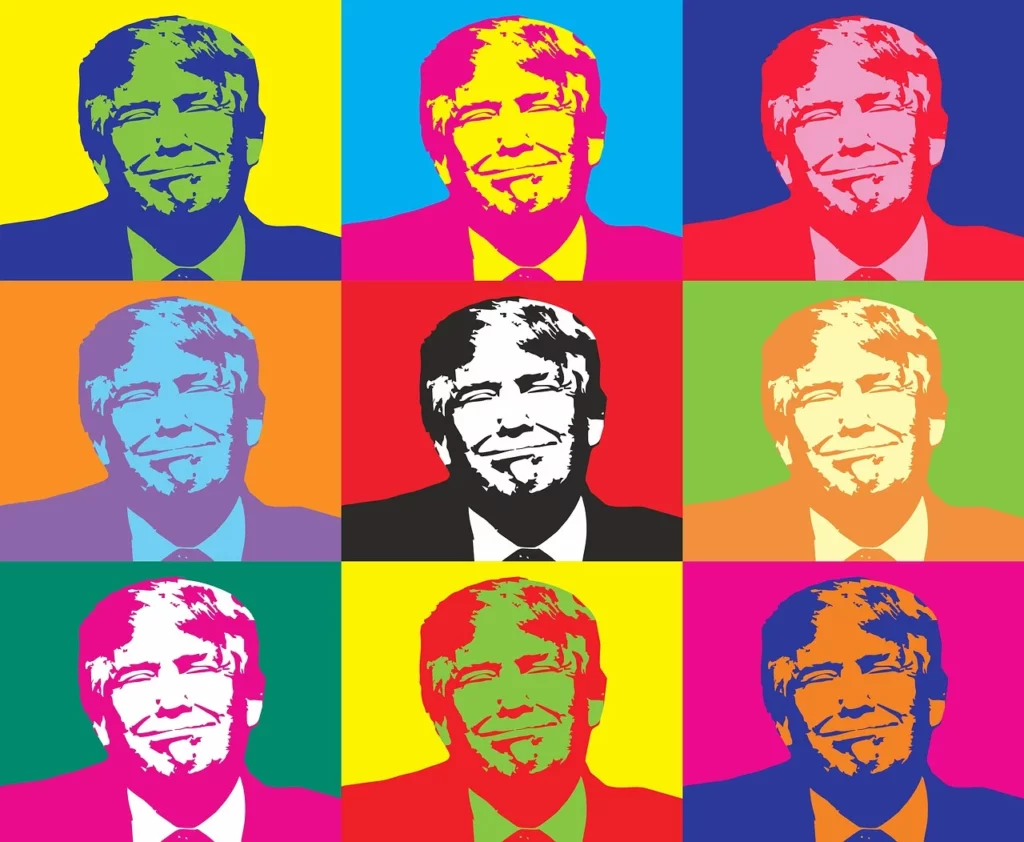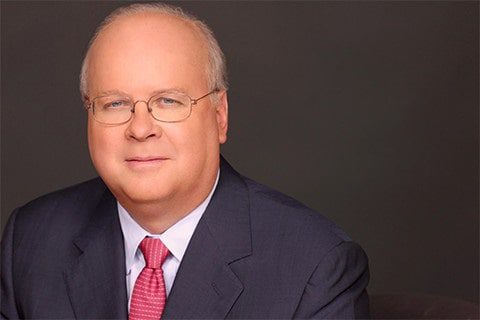
Opinion
It isn’t only Democrats who should worry if No Labels succeeds in getting on every state’s ballot as a third party presidential option. If Donald Trumpbecomes the GOP nominee, Republicans should be biting their nails, too.
As I wrote last week, for Democrats the danger is that two key voting blocs—blacks and young people—aren’t very enthusiastic about President Biden and could be attracted to a third party. No Labels could also snag defectors from Hispanics, Asian-Americans and suburban voters.
The GOP has a similar problem if Mr. Trump is its nominee. A third party could provide an alternative for Republicans concerned about the former president’s baggage who can’t bring themselves to vote for a Democrat. Alternatively, No Labels could serve as a way station: GOP voters could dally with the idea of voting third-party then decide to skip the presidential race on the ballot or stay home altogether. Either way, Republicans could be in trouble in a tight race.
With more support than the rest of the field combined, Mr. Trump remains the GOP front-runner, but polling indicates that a lethal number of Republicans might not stick with him in the general election. The June 26 Associated Press/National Opinion Research Center poll found 23% of Republicans felt Mr. Trump did something “illegal” with the classified documents seized at Mar-a-Lago and 29% thought it unethical though not illegal. More of these may conclude Mr. Trump also broke the law after the trial begins.
This followed the June 19 Quinnipiac poll, in which 25% of Republicans said Mr. Trump acted “inappropriately” in handling classified documents after leaving office and 16% didn’t know. That 41% of Republicans aren’t rallying to his defense bodes poorly for enthusiasm in the general election. Independents are even more troubled by his behavior: Sixty-two percent said he acted “inappropriately.”
His numbers could get worse if evidence at the trial scheduled for next May shows Mr. Trump endangered national security. When asked “how serious a problem do you think it is if secret military information is shared with people who do not have a security clearance,” 54% of Republicans in a June 20 NBC poll said “very serious” and 25% said “somewhat serious.” Mr. Trump’s legal difficulties are likely to grow as more information becomes available, further depressing his numbers among Republicans and GOP-leaning independents.
What would these disaffected Republicans do if he’s the nominee? Many would swallow their concerns and back him. But some—perhaps enough to matter—could stay home or go for the No Labels ticket, if it featured a person who is conservative in important ways, especially if that candidate is on the top of the ticket.
Assume in November 2024 that 20% of Republicans believe Mr. Trump mishandled classified information by illegally taking hundreds of secret documents when he left office, including some relating to nuclear secrets and battle plans. Assume half those Republicans—10% of the GOP universe—can’t bring themselves to vote for Mr. Trump, either casting their ballot for No Labels or not voting for president.
If 10% of Republicans defect, Mr. Trump wouldn’t flip Arizona, Georgia and Wisconsin, states he must carry to regain the White House, let alone snag Michigan or Pennsylvania. He could also lose North Carolina. He won it last time by 74,483 votes out of 5.5 million cast, carrying North Carolina Republicans (37% of the state’s electorate) by a 96% to 4% margin. If 10% of Republicans had stayed home or voted third-party, that would have reduced Mr. Trump’s numbers by 122,650, costing him the state. Things get worse if you factor in any decline among independents, who are 30% of North Carolina’s voters. They backed Mr. Biden 50% to 46% in 2020.
Op-Ed by Mr. Rove, courtesy of rove.com, was first published in The Wall Street Journal.

Karl Rove served as Senior Advisor to President George W. Bush from 2000–2007 and Deputy Chief of Staff from 2004–2007. At the White House he oversaw the Offices of Strategic Initiatives, Political Affairs, Public Liaison, and Intergovernmental Affairs and was Deputy Chief of Staff for Policy, coordinating the White House policy-making process.
Mr. Rove has been described by respected author and columnist Michael Barone in U.S. News & World Report as “…unique…no Presidential appointee has ever had such a strong influence on politics and policy, and none is likely to do so again anytime soon.” Washington Post columnist David Broder has called Mr. Rove a master political strategist whose “game has always been long term…and he plays it with an intensity and attention to detail that few can match.” Fred Barnes, executive editor of The Weekly Standard, has called Mr. Rove “the greatest political mind of his generation and probably of any generation. He knows history, understands the moods of the public, and is a visionary on matters of public policy.”
Before Mr. Rove became known as “The Architect” of President Bush’s 2000 and 2004 campaigns, he was president of Karl Rove + Company, an Austin-based public affairs firm that worked for Republican candidates, non-partisan causes, and non-profit groups. His clients included over 75 Republican U.S. Senate, Congressional, and gubernatorial candidates in 24 states, as well as the Moderate Party of Sweden.

